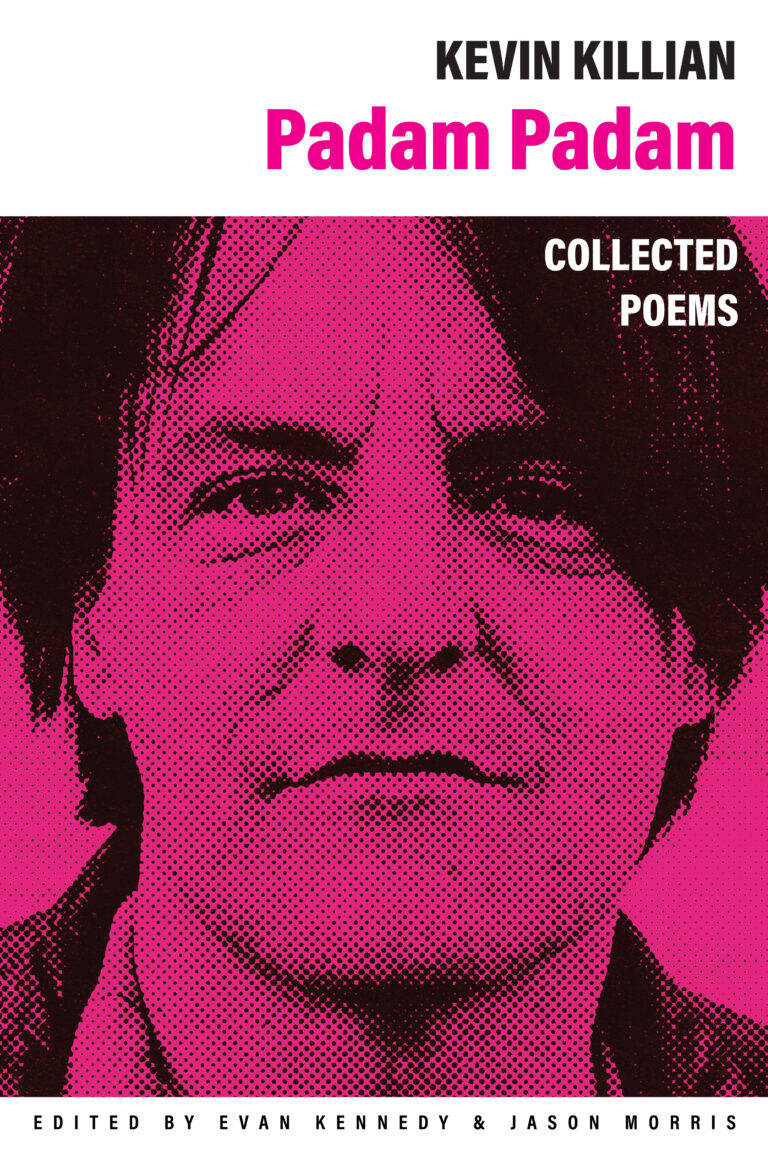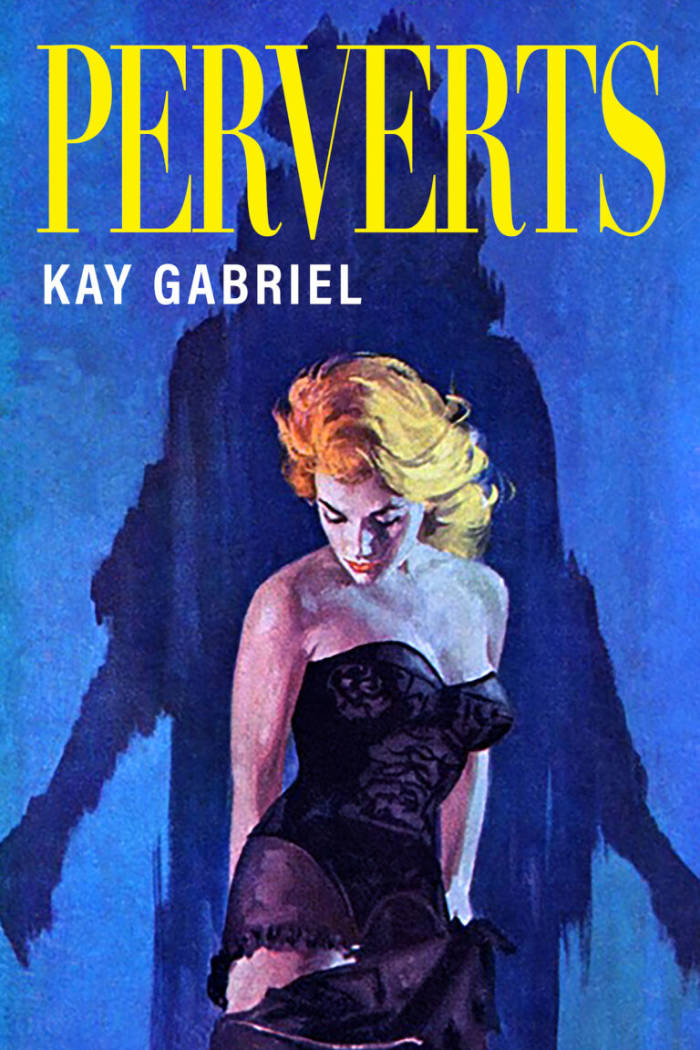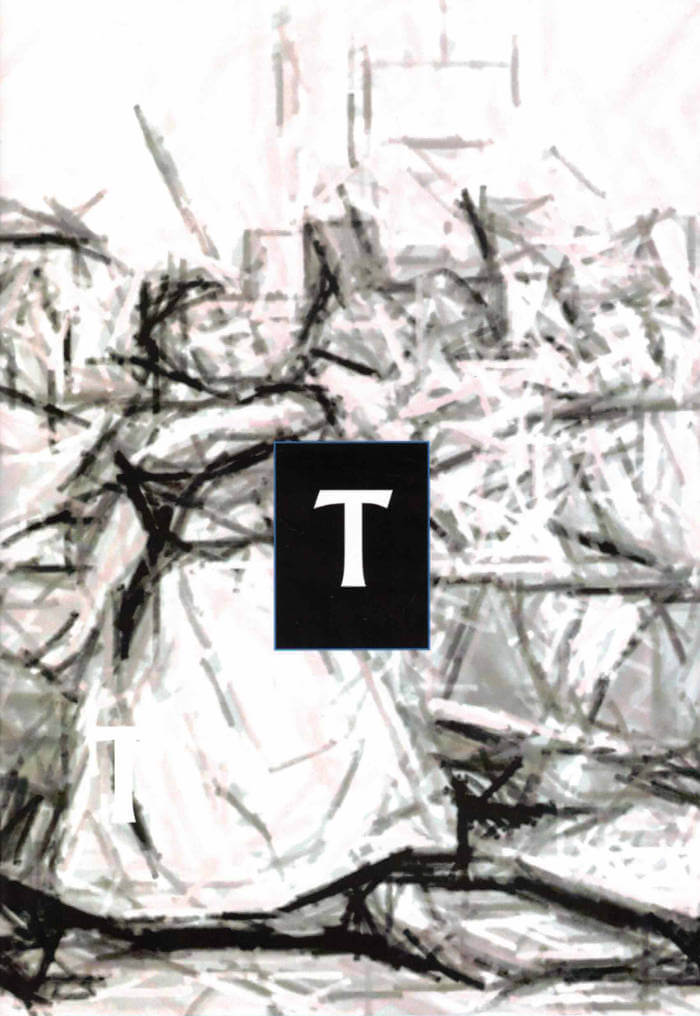
BUTT Issue 35
BUTT ed.
BUTT's thick 35th issue packs in pleasures from shameless queers the world over. Between the splashy covers, catch popstar Troye Sivan stripped for a motel quickie, house-spinning icon Honey Dijon dish with Jeremy O. Harris, and the last-ever interview with literary legend Gary Indiana – R.I.P. Plus, find cum-dripped fantasies by Sadao Hasegawa, Pierre the Farmer naked, and the scoop on trans stripping in NYC. On the cover – Giorgi Kikonishvili, a gay-about-Tblisi organizing everything from parties and protests. And, of course, a lot more.
TROYE SIVAN, poppers-sniffing stadium star - By Zak Stone and Clifford Prince King
LALO SANTOS, OnlyFansero spills Revolutionary load - By Alberto Bustamante and Gustavo García-Villa
HONEY DIJON, house-spinning icon - By Jeremy O. Harris and Alasdair McLellan
SADAO HASEGAWA, cum-dripped fantasies from Japan - By Yasuyuki Shinohara and Sadao Hasegawa
GARY INDIANA, R.I.P. to a literary mastermind - By Michael Bullock and Reynaldo Rivera
GIORGI KKONISHVILI, gay-about-Tbilisi organizes parties and protests - By Anton Shebetko
STRIP, illegal trans strip nights in NYC - By Ruby Zarsky and Lia Clay ]
PIERRE THE FARMER, handsome French fairy milks cow naked - By Daniel Jack Lyons
DEAN SAMESHIMA, conservator of the stickiest corners of gay culture - By Evan Moffitt and Paul Mpagi Sepuya
CARLOS SÁEZ, mechanophilic artist from Valencia - By Andrew Pasquier and Raphaël Chatelain
UNFUCKWITHABLE, on the benefits of club sex - By Kay Gabriel and Sam Clarke
CAN HOST, Berlin allotment garden is fuck-friendly paradise - By Thyago Sainte
Language: English







